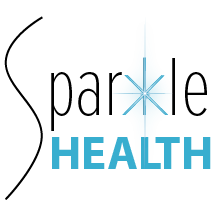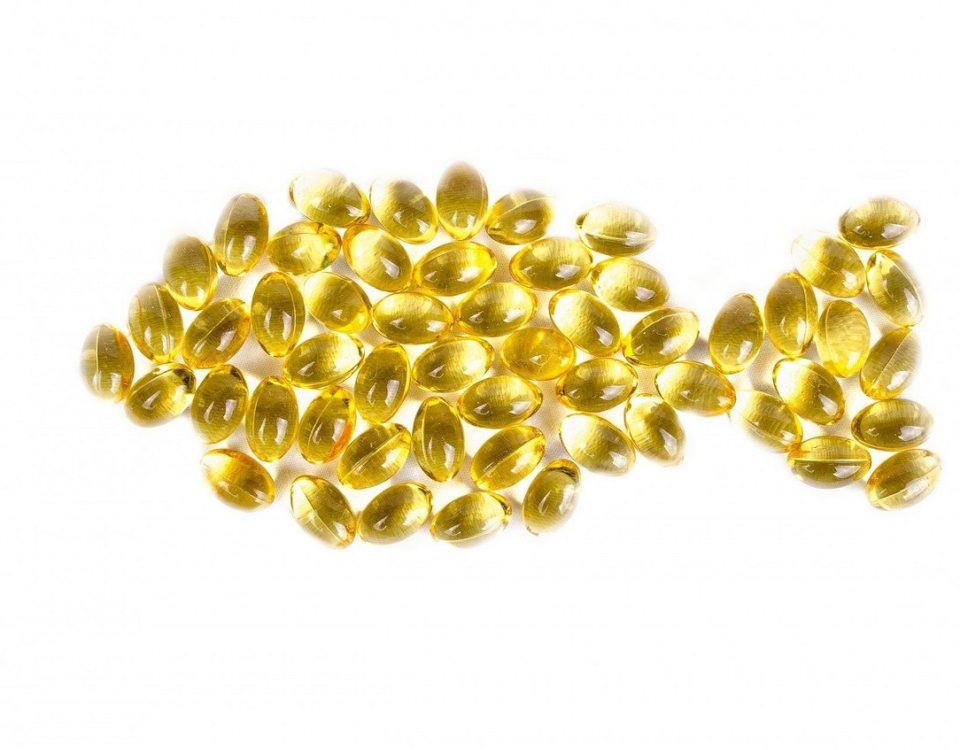Should I Take a Multivitamin?

Doctor of Osteopathic Medicine
Is taking a multivitamin beneficial for your health or just expensive urine? Many people in the United States are taking multivitamins, in fact over 50% of the population take a daily supplement of some sort, and topping that list is the “Multivitamin / Multimineral” supplement according to the NHANES data (National Health and Nutrition Examination Survey). About one-third of the US population takes a multivitamin.
Is it worth it? The answer is – it really depends. Supplements are as their name suggests “supplemental” and should augment what we are doing with our dietary patterns. It is difficult to eat a perfectly balanced diet. Getting 5-9 daily servings of vegetables, some fruit, along with lean proteins, whole grains, and beneficial fats sounds easy on paper. Meal for a meal though we are making decisions at the moment that strongly influence what micronutrients – or the vitamins and minerals in our body. Sometimes we come up short with regard to the nutrient density of our food for a whole host of reasons.
Vitamins and Minerals Are Cofactors in Our Biochemistry
The efficiency of everything from energy production to bone remodeling to our brain chemistry is influenced by the availability of nutrients. If we want our body to function optimally, it must have what it needs. We get this mostly from food but often our dietary pattern for one reason or another is not getting or absorbing enough of these nutrients.
The standard American diet is calorie-dense but nutrient-poor. It is sad but true that processed foods have infiltrated the food supply and do not provide a high nutrient density compared to the calorie density. This can lead to a depleted state. Even if eating relatively well, it is hard to get in the volume and variety of foods needed for a perfect balance. This is where multivitamins can come in to take up the slack.
Ideally, if we eat a perfect diet, we should be all set. Soil depletion and global environmental changes are also thought to be contributing to less nutrient-dense food even when making the best possible choices. A survey in the journal Nutrients looked at the inadequacy of immune health nutrients in US adults again looking at NHANES data. This revealed a low intake of vitamin A (46%), Vitamin C (46%), Vitamin D (95%), Vitamin E (84%), and Zinc (15%) in people surveyed across the population from 2005-2016.
Medications can often affect how much of these nutrients we are absorbing as well as increasing utilization. For example, chronic use of proton pump inhibitor acid blockers can impair the efficiency of our vitamin and mineral absorption over time.
Surgeries such as gastric bypass and gallbladder surgery can often make it harder to absorb some of these critical cofactors for our biology.
The USPSTF preventive task force which is an organization that looks at the evidence for certain recommendations states that “the evidence is insufficient to weigh benefits and harms of Multivitamin and Mineral supplements in the absence of known nutrient deficiencies”. It is not uncommon to find nutritional deficiencies with lab testing or clinical findings. We each have biochemical individuality and some people need more of certain nutrients than other people. Sometimes the most efficient way to make sure we are covering the bases is to utilize a multivitamin / multimineral supplement.
Population Evidence for Multivitamin Use
No doubt there need to be more studies on the use of multivitamins. Many of the available studies unfortunately are observational – meaning patients report using a multivitamin (of varying quality) and are tracked over time for health-related outcomes. We do have some large higher-quality long-term clinical trials looking at the use of multivitamins. The most famous and often quoted is the Physician’s Health Study II which is a randomized controlled trial of male physicians greater than 50 years old. Participants were randomly given either a multivitamin daily or a placebo for 11.2 years. This study demonstrated a decreased risk of cancer in the multivitamin group by 8% and a decrease in the risk of cataracts by 9% when compared to the placebo group.
Another randomized and placebo-controlled study was named the SU.VI.MAX study. It went on for 7.5 years. The test group was given low-dose antioxidants which included vitamin C, vitamin E, beta-carotene, selenium, and zinc. In this study, there was a decrease in total cancer risk and all-cause mortality in men but not women.
What About Harm?
Multivitamins are Biologically Active Interventions
References
•Mishra S. Dietary supplement use among adults: United States, 2017–2018. NCHS Data Brief, no 399. Hyattsville, MD: National Center for Health Statistics. 2021.
•Alexandra E. Cowan. Nutrients. 2018 Aug; 10(8): 1114. Dietary Supplement Use Differs by Socioeconomic and Health-Related Characteristics among US Adults, NHANES 2011-2014
•Mursu. Dietary Supplements and Mortality in Older Women: The Iowa Women’s Health Study. Arch Int Med. 2011 Oct 10; 171 (18) 1625-1633
•Neuhouser. Multivitamin Use and Risk of Cancer and CVD in the WHI Cohorts. Arch Int Med. 2009; 169 (3): 294-304
•Hercburg. The Su.Vi.Max Study: A randomized placebo-controlled trial of the health effects of antioxidants, vitamins, and minerals. Arch Intern Med. 2005 Feb 14; 165 (3):286
•Gaziano. Multivitamins in the prevention of cancer in men The Physicians’ Health Study II Randomized Controlled Trial JAMA. 2012;308(18):1871-1880.





